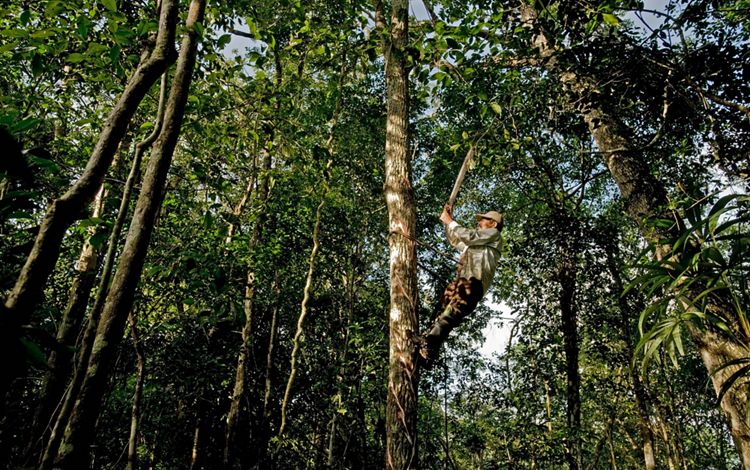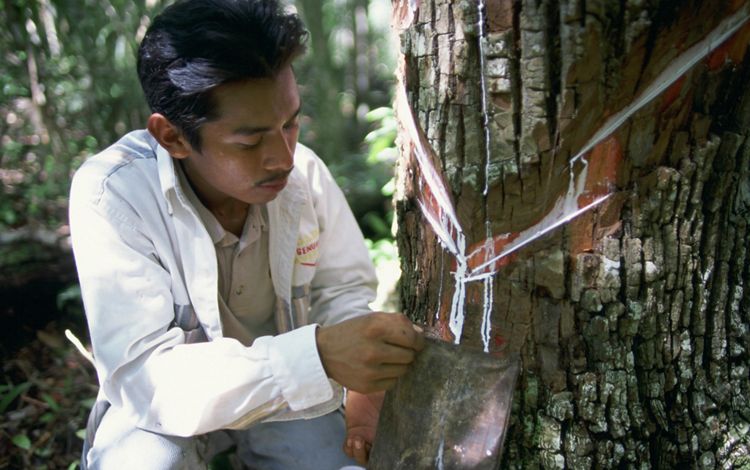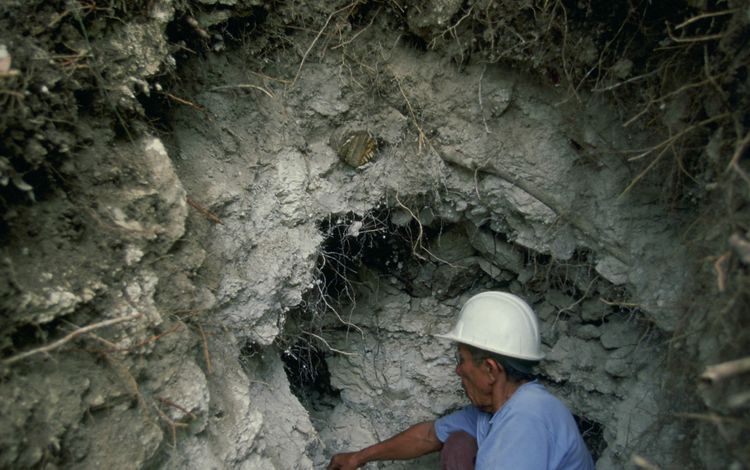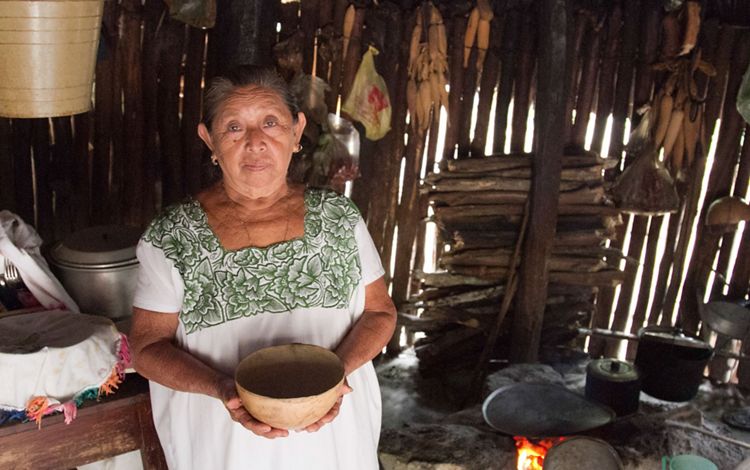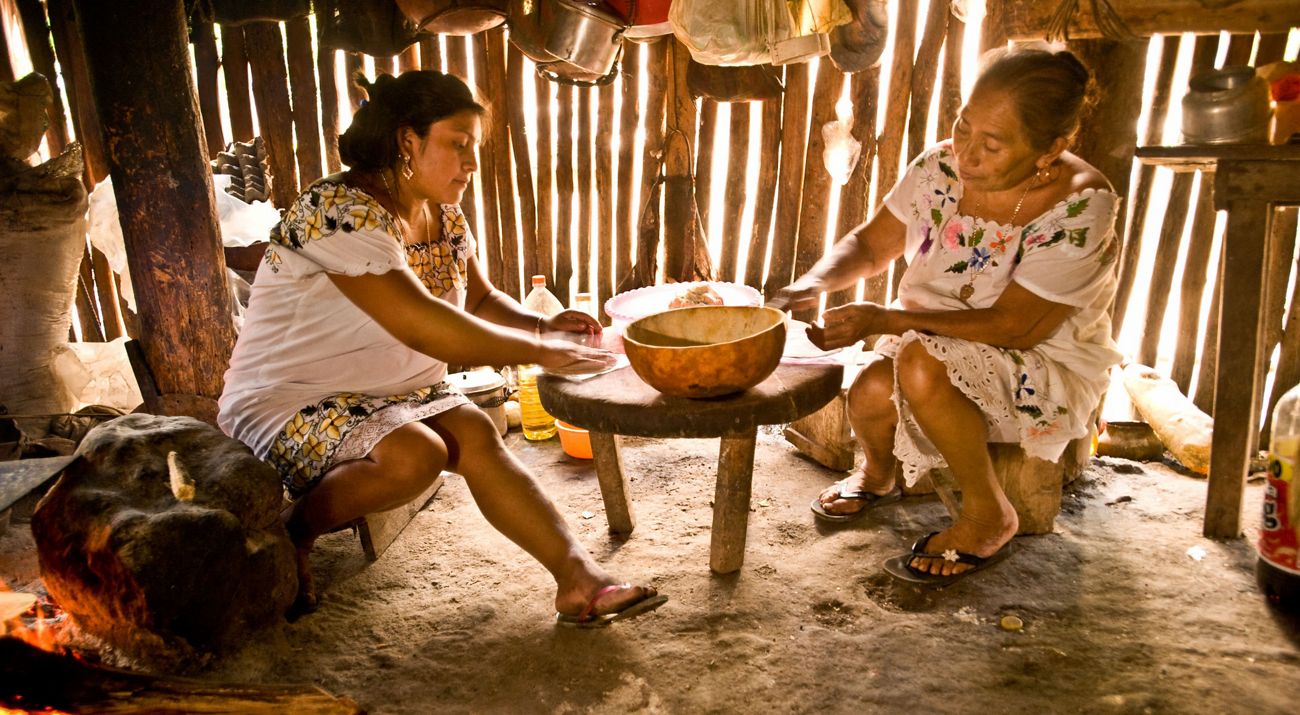
Transforming the Region of the Maya Forest
TNC is working on innovative approaches to conserve the Maya forest in ways that support nature and local livelihoods.
The Yucatan Peninsula is a mosaic of land uses—small traditional farms share fences with large industrial plantations; pristine forests harbor world-renowned archeological sites and hide refreshing natural sinkholes; diverse agro-forestry systems confront wide swaths of pastureland.
The Nature Conservancy works at the intersection of these places—protecting critically important habitats while transforming how we use our working lands and enhance the livelihoods of families.
Among the many wonders of the Yucatan is the Maya Forest, stretching for 35-million acres into Belize and northern Guatemala. It is the largest remaining tropical rainforest in the Americas, and it is home to vibrant Mayan communities—many of which continue to practice traditional farming techniques and steward the forest as they have for generations.
However, pressures on the Maya Forest are greater than ever before. Traditional small-scale production is giving way to extensive agriculture and ranching, posing a threat for this vast and unique resource. True development implies improving the welfare of local people and promoting conservation efforts for a green supply chain that will allow for better economic opportunities for communities, help keep soils healthy, allow for access to clean water and reduce vulnerability to climate change.
To achieve this, The Nature Conservancy is working with multi-sector partners to step up work at unprecedented scales. Our efforts in the Maya Forest seek to transform the region from a deforestation hotspot into a green economy that allows people and nature to thrive.
Our strength lies in our partnerships. We work with small and large producers, Mayan communities, research institutions, private companies and government agencies at all scales to develop and test solutions that work for the landscape as a whole. We take what has worked for millennia and incorporate cutting-edge technology and science to create practices that respond to our current challenges. This approach has multiple benefits: improving livelihoods and creating sustainable opportunities for growth; improving food and water security; protecting habitats to support biodiversity; and confronting climate change.
Our work revolves around three main themes:
- Influencing policy and practice to promote natural climate solutions, especially aimed at Reducing Emissions from Deforestation and Degradation (REDD+);
- Transforming how development occurs on working lands to drive sustainable production in agriculture, forestry and other sectors;
- Working with local communities so they have the tools they need to scale up improved practices and conserve their natural resources.
Our Work in Pictures
